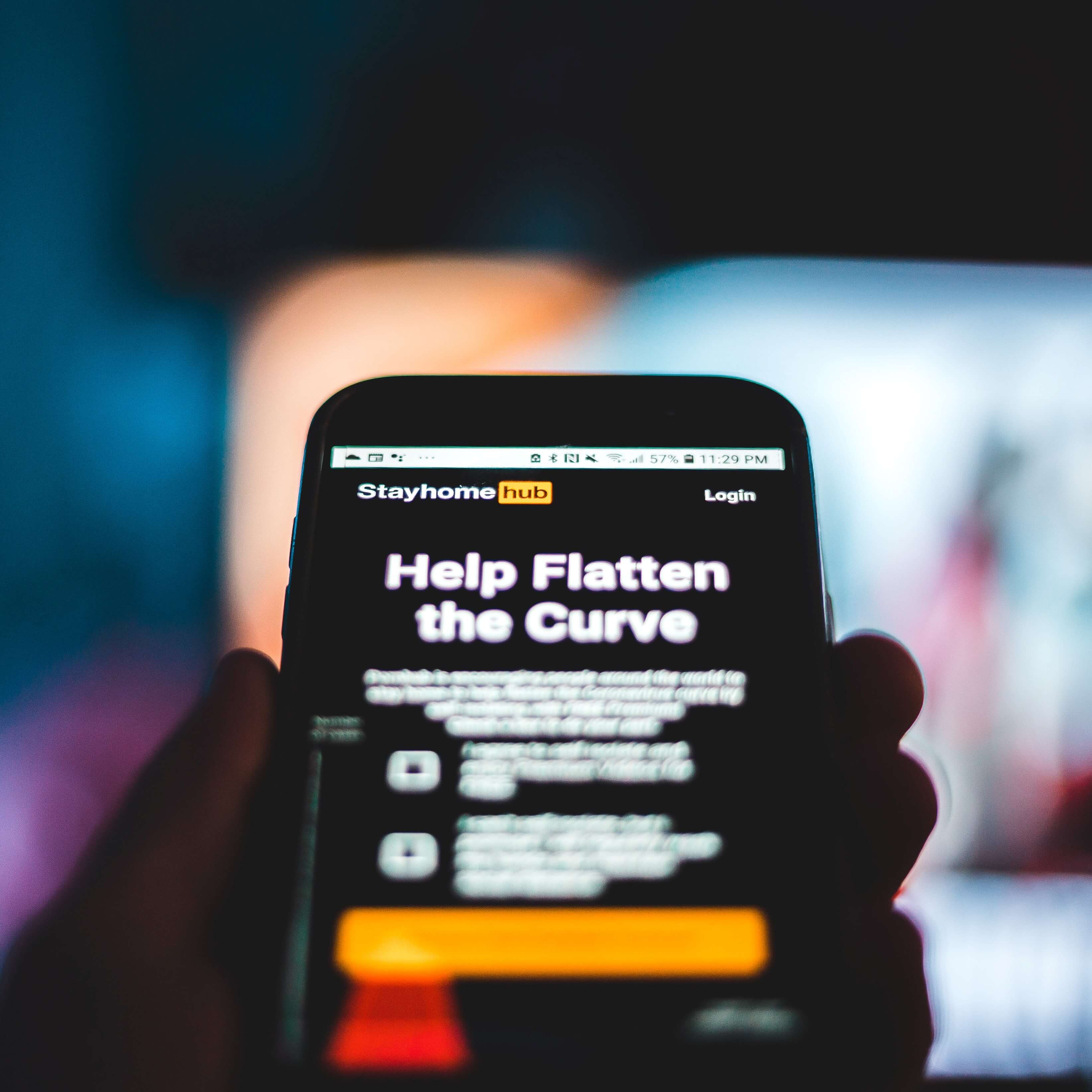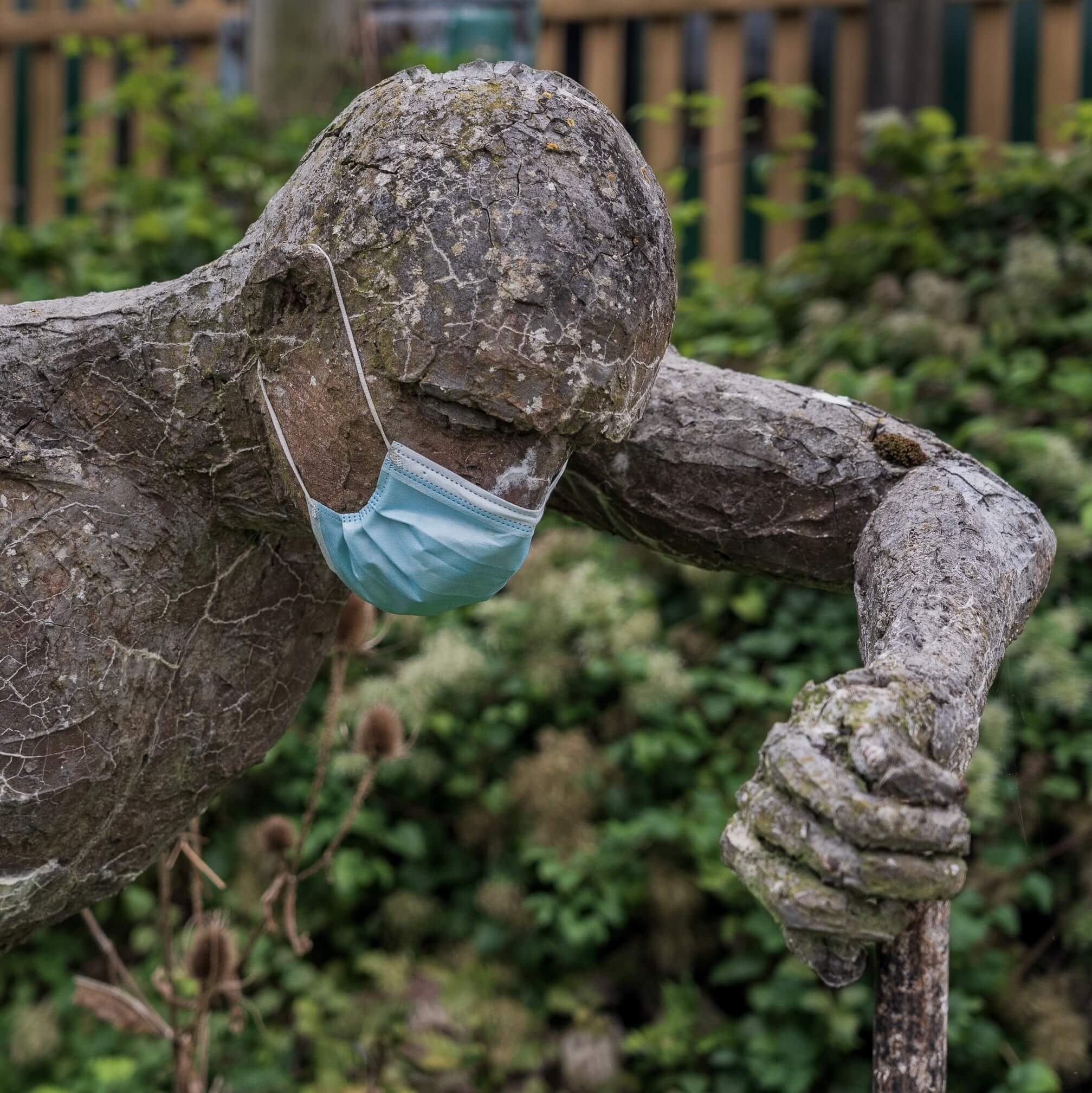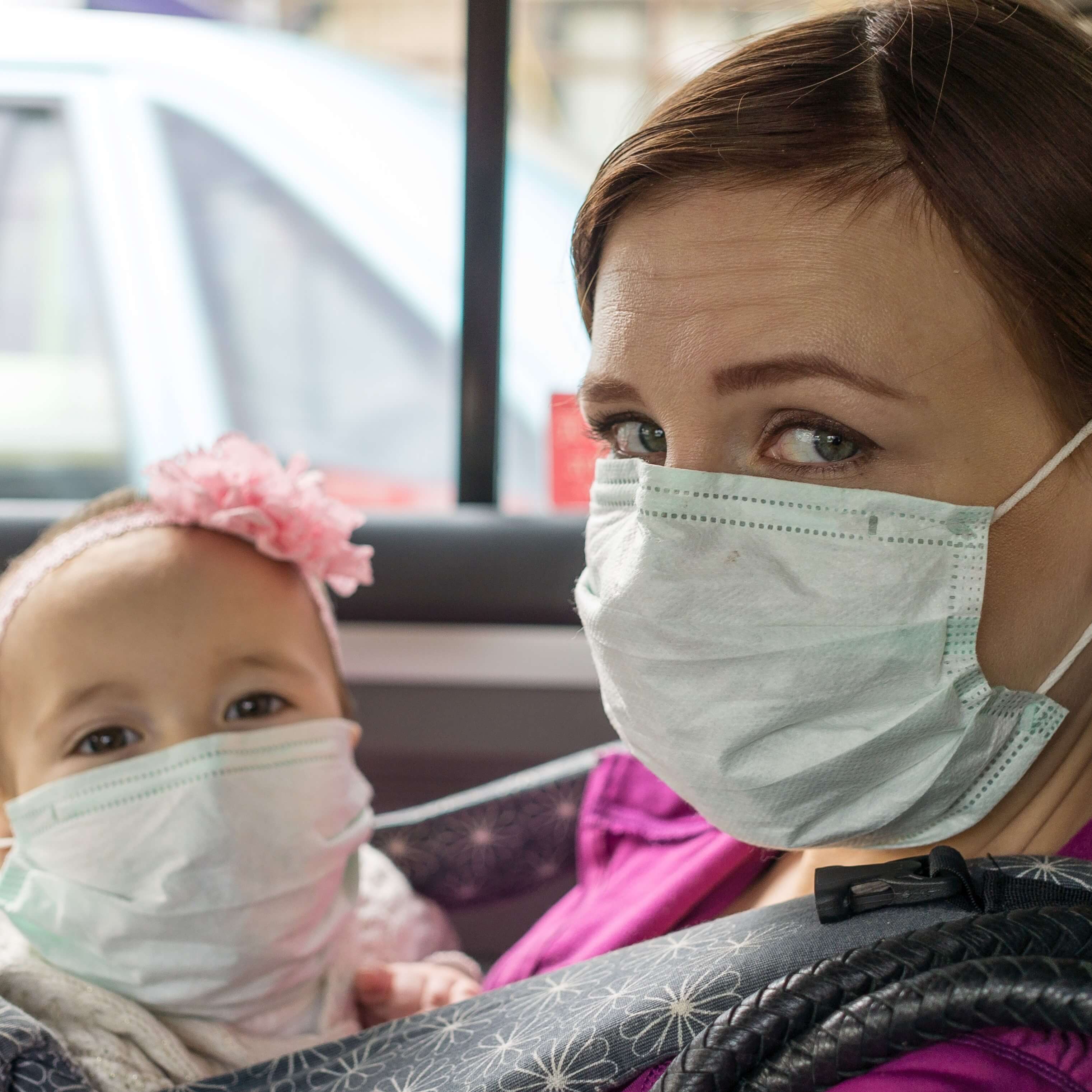
Who Is at Higher Risk for Severe Illness from COVID-19?
Some people are at a higher risk of suffering from severe COVID-19 than others. This is due to certain conditions affecting the individual. So, what are these conditions? Is COVID getting worse? Who is at a higher risk of contracting severe COVID-19?
This article will cover the different groups of people at a higher risk of serious COVID-19 and how they can avoid getting the infection.
Who Is at Higher Risk for Severe Covid-19?

What are underlying conditions for COVID boost? Also, how serious is COVID-19 in these people? Here are some groups of people who might suffer from a serious case of the infection and some reasons why COVID-19 is dangerous for them.
Old People
There is an increased COVID risk by age, with older people being more susceptible to COVID-19. As of November 2021, the Centers for Disease Control and Prevention (CDC) said that more than 75% of COVID-19 deaths in the US were among people 65 and older.
People in this age range make up almost 42% of COVID-19-related intensive care hospitalisations. Here are some reasons why:
- The immune system of an older person gets weaker over time, making it less able to fight off sickness.
- Older people typically have underlying long-term medical conditions that could worsen when they get infected with COVID-19.
- When people get older, inflammation often gets worse, which can cause organ failure.
- As people get older, the lung tissue becomes less flexible. This makes breathing problems like COVID-19 more dangerous.
Pregnant Women
COVID-19 poses a greater risk of death and other problems for pregnant women and women who recently delivered.
The COVID-19 infection has also been related to preterm birth and infertility, so it's best to take all precautionary measures if you're expecting a baby.
Furthermore, heart and lung diseases that have been present for some time can increase COVID progression for both mother and child.
Also, pregnancies tend to affect a woman's immune system, which could make the mother and child more susceptible to respiratory infections.
Therefore, pregnant women need to take the COVID-19 vaccines. They are safe and highly effective.
People With Heart Disease
Even though COVID-19 mostly affects the respiratory system, the heart pumps oxygen to the body's cells. Therefore, when people with heart problems like heart failure, coronary artery disease, or cardiomyopathy fall sick, their lungs need to work hard, which means their heart would have to work harder as well. Sadly, this is not good for their health condition.
Those With Diabetes
Individuals with type 1 and type 2 diabetes mellitus are at a greater risk for developing severe COVID-19 symptoms. Being overweight, obese, or morbidly obese also raises the risk factors. This is because both diabetes and excess body weight have negative effects on the immune system.
People with diabetes are at a greater risk of contracting infections. Hence, you should take care of your blood sugar.
Also, you should take your diabetes medication and insulin as directed, which can help reduce your risk. If you are overweight or obese, you should try to lose weight by eating healthier and exercising more.
Persons With Cancer
After exposure to COVID-19, people with cancer are more likely to get a serious illness. Depending on the type of cancer and the treatment plan, this risk may be higher in some cases than in others.
If you are getting any treatments, you should talk to your oncologist about when you should get your COVID-19 shot and if you need a booster shot. This is because immunosuppressive therapies can make vaccines meant to prevent infection less effective.
People With Chronic Kidney or Liver Disease
If you have chronic kidney or liver disease, which can weaken your immune system, you may be more likely to get severe symptoms from COVID-19. In addition, having severe COVID-19 symptoms and taking drugs to treat the disease can cause damage to the liver.
If you have a chronic renal disease, it can only be treated by going to dialysis sessions on a regular basis. Therefore, ensure to go for all visits. Be sure to tell your doctor about any health worries you have.
Those With Down Syndrome
Those with Down syndrome tend to be more likely to get COVID-19 because of their proneness for lung infections. Additionally, they are more likely to already have diseases, including diabetes, sleep apnea, obesity, and heart disease, all of which have been linked to the onset of severe COVID-19 symptoms.
Living in nursing homes can make it harder for adults with Down syndrome to avoid catching infectious diseases since they share spaces with a range of people who may or may not have germs.
Furthermore, down syndrome often hurts intellectual performance; thus, it might be harder for these people to follow preventative measures. Hence, their chances of contracting the virus increase.
People With a Weakened Immune System
A strong immune system makes you less likely to get sick. That said, there are several health problems and treatments that can weaken your immune system, such as
- Cancer treatment.
- Organ or bone marrow transplants.
- HIV/AIDS.
- Using Immunosuppressants, such as Prednisone, for long periods of time.
If you have a weak immune system, you may need to take more precautions against the COVID-19 virus. If you have regular appointments with your doctor, it might be best to move it or do it remotely. In addition, you should consider having your pharmacy mail your drugs to you to avoid going outside.
Preventive Measures From Covid-19 If You're at High Risk
First and foremost, the most important thing you can do is to get the COVID-19 vaccination to avoid getting severely ill. If you have any questions about the vaccine, you can read out to healthcare professionals. Here is a list of things you should do and things you should not do
- Rinse or sanitise your hands often.
- Try to avoid public places as much as possible.
- In busy areas, whether indoors or out, or while riding public transportation, it is important always to wear a medical mask.
- Stay on your current course of treatment. Ask or remind the medical professionals about safety measures if necessary.
- Take care of yourself and maintain an active lifestyle so that if you do get the virus, your recovery will be speedy,
- Always ensure to stay at least 2 metres away from others.
- Make sure not to interact with people who have COVID-19 or showcase severe to mild symptoms of the illness.
If you believe you have the virus, you must get yourself tested as soon as possible. To do this, you should buy lateral flow tests such as the Flowflex rapid test or Healgen COVID-19 test.
Tips for Going Out
While a bit risky, leaving your home and getting fresh air is good for your physical and mental health. Therefore, you can go out from time to time. That said, to reduce the risk of getting COVID-19 infection, you should try your best to avoid others.
If you are going to a place that offers services, such as a restaurant, you can inform them of your medical condition and that you need to take extra precautions against COVID-19. In most cases, they will try to find a quiet and isolated place for you to sit alone. Furthermore, they would take extra measures when serving you to ensure you are protected.
Another good reason for leaving your home would be to go for an appointment. Granted, you can have some appointments at home via the internet. However, there are cases when your doctor might need to see you physically. In cases like these, you should go for the appointment but ensure to follow all safety measures.
Tips for Staying at Home
Your house should be your safe space. Therefore, you need to limit the number of people who have access to it to a minimum. This means you should have a finite number of people who visit you, work for you, or provide healthcare. By doing this, you can rest easy knowing your home is safe.
Secondly, you should ensure that anyone who enters your home is healthy. Check to confirm that they do not have any COVID-19 symptoms. Here are some precautions you can ask visitors to take when they come to your home.
- Wash or sanitise their hands upon arrival
- Stay as far away from you as possible
- They should wear top-notch masks
If you have people living with you, it might not be easy or practical to have everyone avoid contact. However, there are measures these people can take to keep you safe. Here they are:
- Getting vaccinated and taking booster shots when necessary
- Washing or sanitising their hands when coming inside
- Wiping all objects and surfaces that people touch frequently
- Opening windows to ensure fresh air circulates shared indoor spaces.
- People with COVID-19 symptoms should self-isolate and stay away from you until they are confirmed not to have the virus.
Conclusion
COVID-19 can be deadly for numerous people, but it is especially dangerous for certain people, such as pregnant women, older people, and people with underlying diseases. Therefore, these people need to take extra measures, such as taking vaccines, to ensure they stay as safe as possible.



